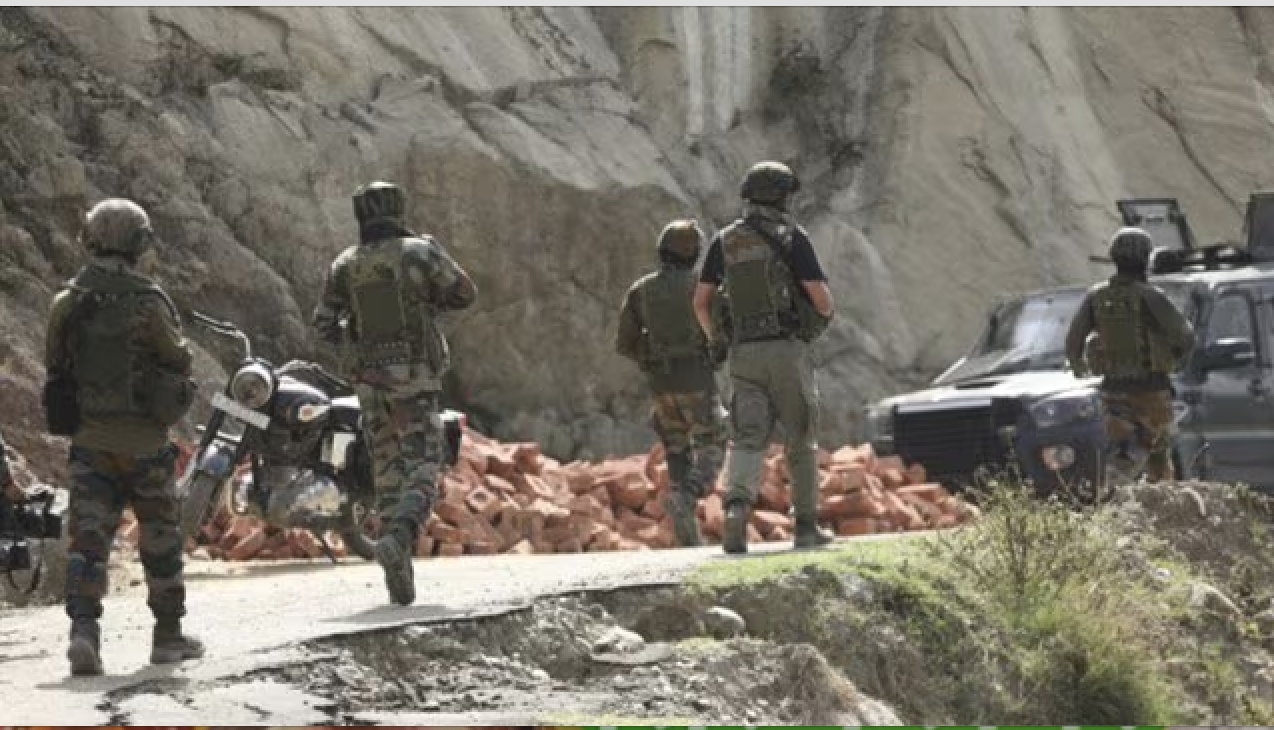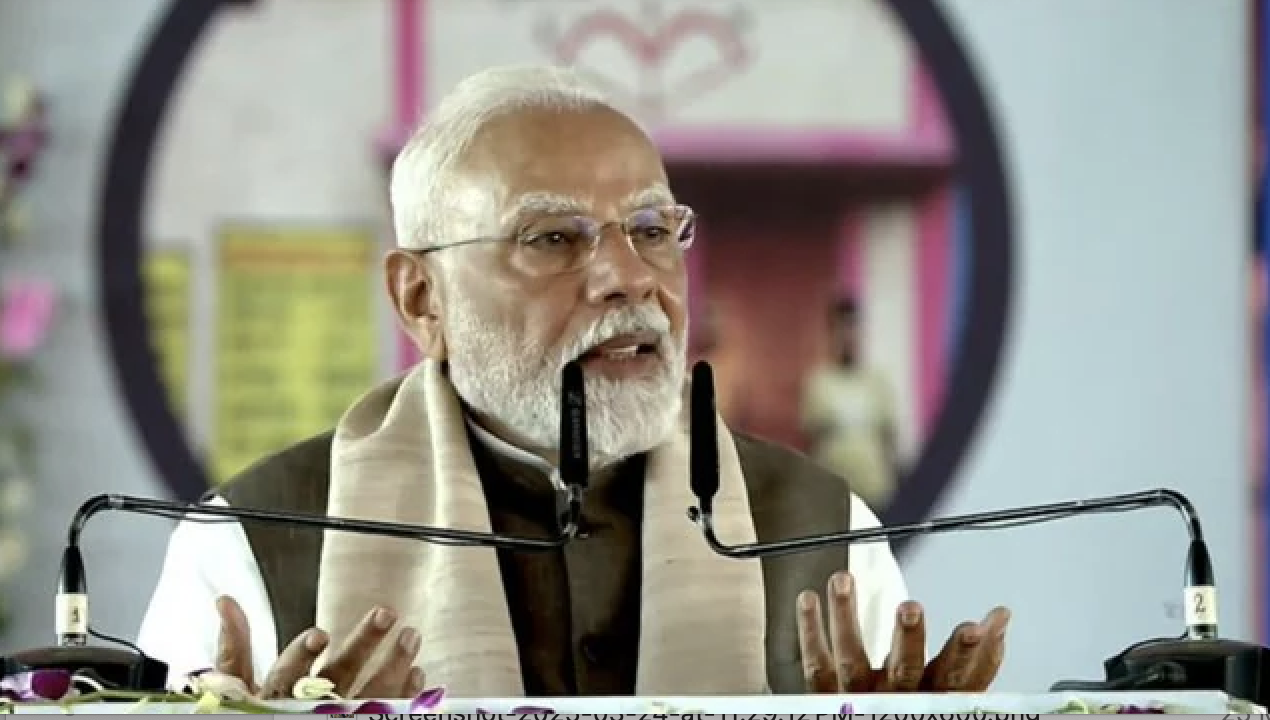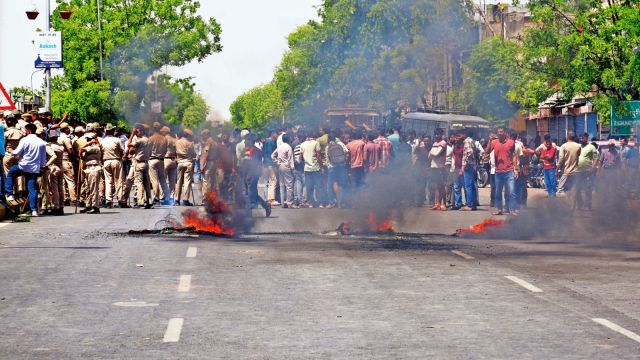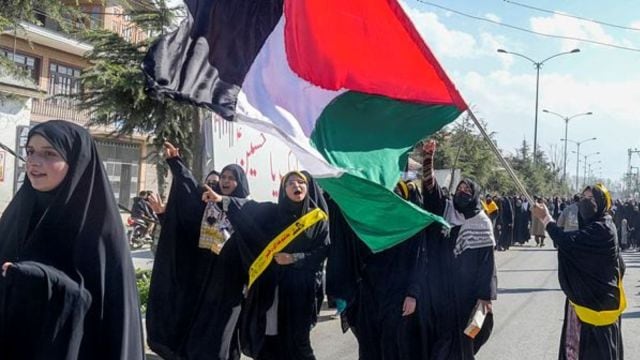The Supreme Court (SC) questioned the Gujarat government’s “selective” remission policy in the premature release of the 11 convicts who gang-raped Bilkis Bano during the 2022 Godhra riots on Thursday and warned that it is on “thin ice”.
“Why is the policy of remission being applied selectively and How far is this law being applied to inmates in jail? Why are our jails overcrowded? Particularly with undertrials?” Justice BV Nagarthna asked while hearing a series of petitions on the untimely release of the men, who raped Bano and killed her family, on last year’s Independence Day.
A Bench of Justices Nagarathna and Ujjal Bhuyan asked the question when the Gujarat government, supporting the 11 men’s release, asked that shouldn’t a person convicted of a heinous crime be given the chance to reform himself, LiveLaw reported.
“What is the purpose of remission?” additional solicitor general (ASG) SV Raju, appearing on behalf of the state government, asked. “Is the purpose of remission punishment? Does committing a heinous crime debar a convict from getting its benefit even if the convict has reformed himself, has displayed remorse and wants to start a new life again? Should the past always be dangling above your head? Should these convicts be condemned for all times to come? These are the questions.”
When the ASG argued that the completion of 14 or more years of rigorous imprisonment was sufficient deterrence and “where the crime is punishable with the death penalty, and the court has handed out a life sentence, it is indicative of the fact that it was not such a heinous crime and not the rarest of rare case”, Justice Nagarathna clarified, “It was held to be heinous but not the rarest of rare.”
This story was originally published in newsclick.in. Read the full story here






